Sombu (Fennel Seed)
Price range: ₹60.00 through ₹150.00 + GST
Sombu is a spicy seed with strong taste and excellent aroma. Fennel seeds are used in preparing pulav, biriyani, kuruma, gravies, soups and all other spicy dishes. They are used as sweetener and breath freshner too.
Sombu, also known as Fennel Seed, is a sweet and aromatic spice used in Indian cooking. It adds flavor to dishes like curries and sweets while offering numerous health benefits, including improved digestion and boosted immunity. A versatile ingredient for any kitchen.
- Description
- Additional information
- Reviews (0)
Description
Sombu (Fennel Seed): A Flavorful and Aromatic Spice in Indian Cuisine
Introduction
Sombu in English, commonly referred to as Fennel Seed, holds a significant place in Indian cuisine and culture. Derived from the Foeniculum vulgare plant, fennel seeds are not only cherished for their sweet, aromatic flavor but also for their incredible health benefits. This versatile spice has been a staple in various traditional Indian dishes, as well as in natural remedies for centuries. Its licorice-like taste, combined with a host of medicinal properties, makes it a must-have in every kitchen. This article delves deeper into the origins, uses, benefits, and the cultural significance of Sombu, offering you a comprehensive guide to this flavorful seed.
What is Sombu?
Sombu refers to the dried seeds of the fennel plant, which belongs to the carrot family. These oval-shaped seeds possess a unique greenish-yellow color and are widely recognized for their sweet, aromatic flavor. Their aroma is both strong and pleasant, making them an integral part of Indian cuisine. Sombu in English is often referred to as fennel seed, and it is extensively used in many cultures, not just for its culinary benefits but for its medicinal properties as well.
The fennel plant itself is native to the Mediterranean region but is now cultivated across the globe. The plant grows tall with feathery leaves, and its seeds are harvested once the plant flowers and dries out. These seeds are either used whole or ground into a powder form to season dishes, create spice blends, and even as an ingredient in natural medicine.
Culinary Uses of Sombu
Sombu plays a versatile role in the culinary world, especially in Indian cuisine. Whether you are making savory dishes, sweet treats, or beverages, fennel seeds can enhance the flavor of your meals in a unique way. Below are some of the most common culinary uses of Sombu:
1. As a Spice
Sombu is widely used to flavor curries, stews, and pickles. It blends harmoniously with other spices like cumin, coriander, and turmeric, bringing a sweet, aromatic note to savory dishes. Its licorice-like flavor also adds complexity to more subtle dishes, ensuring that every bite is infused with a unique, sweet undertone.
2. In Baking
Fennel seeds are often used in baking to impart a gentle sweetness to bread, cookies, and cakes. In Indian cuisine, fennel is used in traditional sweets such as besan ladoo and halwa, where it not only adds flavor but also aids digestion after a rich, sugary meal.
3. In Tea
Fennel tea is a popular herbal remedy for digestive issues. Steeping a teaspoon of fennel seeds in hot water creates a soothing tea that is not only aromatic but also aids digestion and relieves bloating. The tea is often consumed after meals in many Indian households as a digestive aid.
4. As a Mouth Freshener
One of the most common uses of Sombu in India is as a mouth freshener. Chewing on fennel seeds after a meal helps freshen the breath and stimulates digestion. The sweet, licorice-like flavor of Sombu makes it a pleasant and natural alternative to artificial breath fresheners.
5. In Spice Blends
Sombu is a key ingredient in several traditional Indian spice blends, such as panch phoron (a Bengali five-spice mix) and garam masala. These spice blends are used to flavor a variety of dishes, including vegetables, meats, lentils, and rice, providing a depth of flavor and aroma that is quintessential to Indian cuisine.
6. As a Garnish
Fennel seeds are often lightly toasted and sprinkled over dishes as a garnish. This adds both texture and flavor to salads, soups, and roasted vegetables. The toasting process enhances the natural oils in the fennel seeds, intensifying their flavor and aroma.
Health Benefits of Sombu
Sombu is not just a flavorful spice; it is also a powerhouse of health benefits. From aiding digestion to promoting heart health, fennel seeds are packed with nutrients that support overall well-being. Here are some of the key health benefits of Sombu:
1. Aids Digestion
Fennel seeds are renowned for their carminative properties, meaning they help relieve bloating, gas, and indigestion. Chewing on Sombu after a meal can promote healthy digestion and reduce discomfort caused by overeating or consuming rich foods. Fennel tea is another popular digestive aid, particularly in cases of indigestion or bloating.
2. Rich in Antioxidants
Sombu is packed with antioxidants, including flavonoids and polyphenols, which protect the body from oxidative stress and reduce inflammation. These antioxidants neutralize harmful free radicals in the body, which can cause cellular damage and contribute to chronic diseases.
3. Promotes Heart Health
The potassium content in fennel seeds helps regulate blood pressure by balancing the effects of sodium in the body. Additionally, the fiber in Sombu supports healthy cholesterol levels, reducing the risk of heart disease. Fennel seeds also contain compounds that have anti-inflammatory effects, further promoting cardiovascular health.
4. Supports Respiratory Health
Fennel seeds have expectorant properties, making them effective in relieving respiratory issues such as cough and bronchitis. Drinking fennel tea can soothe a sore throat, clear congestion, and provide relief from respiratory discomfort.
5. Balances Hormones
Sombu contains phytoestrogens, plant compounds that mimic the hormone estrogen. These phytoestrogens can help balance hormones in the body, particularly during menopause or menstrual discomfort. Some studies suggest that consuming fennel seeds may alleviate symptoms such as hot flashes, mood swings, and cramps.
6. Boosts Immunity
The vitamin C content in fennel seeds helps boost the immune system by supporting the production of white blood cells, which fight infections. Regular consumption of Sombu can help protect the body from common illnesses such as colds and flu.
7. Improves Eye Health
Fennel seeds have been used traditionally to improve eye health. The antioxidants in Sombu can help protect the eyes from damage caused by free radicals, reducing the risk of age-related macular degeneration and other eye disorders. Some herbalists recommend fennel tea or a fennel eye rinse to soothe irritated eyes.
Cultural Significance of Sombu
Sombu holds a special place in Indian culture, not just as a spice but as a symbol of hospitality and tradition. Offering fennel seeds to guests after a meal is a common practice in Indian households, signifying warmth and welcome. In addition to its role as a mouth freshener, fennel seeds are often included in religious offerings and cultural ceremonies.
In traditional Ayurvedic medicine, Sombu is considered a cooling herb, meaning it helps reduce excess heat in the body. Ayurvedic practitioners use fennel seeds to treat a variety of ailments, including digestive disorders, inflammation, and hormonal imbalances.
How to Use Sombu in Your Daily Life
Incorporating Sombu into your daily routine is easy and rewarding. Whether you use it in cooking, baking, or as a natural remedy, fennel seeds offer a range of benefits for both your health and your taste buds. Here are some ideas for using Sombu in your everyday life:
- Cooking: Add fennel seeds to curries, stews, and pickles for a sweet, aromatic flavor. They pair well with other spices like cumin, coriander, and turmeric.
- Baking: Use fennel seeds in bread, cookies, and cakes to add a subtle sweetness. They are especially popular in traditional Indian sweets like besan ladoo and halwa.
- Tea: Brew fennel tea by steeping a teaspoon of fennel seeds in hot water. This soothing tea is excellent for digestion and can be consumed after meals.
- Mouth Freshener: Chew on fennel seeds after meals to freshen your breath and aid digestion. This is a common practice in Indian households and restaurants.
- Herbal Remedy: Use fennel seeds in natural remedies for digestive issues, respiratory problems, and hormonal imbalances. Fennel tea or fennel water can be consumed daily to support overall health.
How to Store Sombu
To ensure the freshness and potency of Sombu, it is important to store it properly. Here are some tips for storing fennel seeds:
- Store in an Airtight Container: Keep fennel seeds in an airtight container to prevent them from absorbing moisture and losing their aroma.
- Keep in a Cool, Dry Place: Store the container in a cool, dark place, away from direct sunlight. This helps preserve the flavor and potency of the seeds.
- Use Within a Year: While fennel seeds have a long shelf life, it is best to use them within a year to enjoy their full flavor and health benefits.
Conclusion
Sombu in English, or Fennel Seed, is a versatile and aromatic spice that adds a sweet and complex flavor to a wide range of dishes. Its numerous health benefits, coupled with its cultural significance, make it an essential ingredient in every kitchen. Whether you’re using it in curries, baking, or as a natural remedy, Sombu is sure to enhance your culinary experience.
At DM Traders, we offer high-quality Sombu that is perfect for all your cooking needs. Explore our range of spices and bring home the taste of tradition today! Check out our customer reviews on Google or visit our store here.
Additional information
| Weight | N/A |
|---|---|
| weight | 100gms, 250gms |
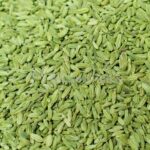 Sombu (Fennel Seed)
Sombu (Fennel Seed)


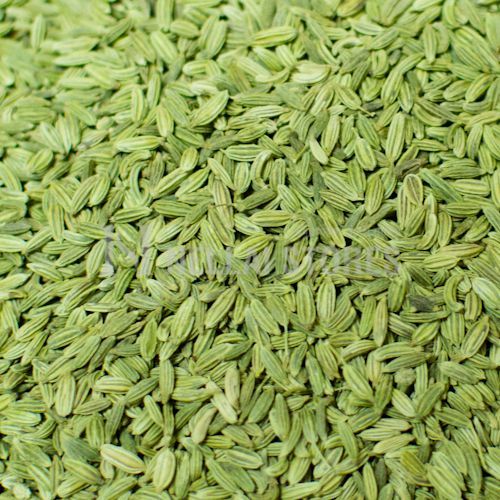
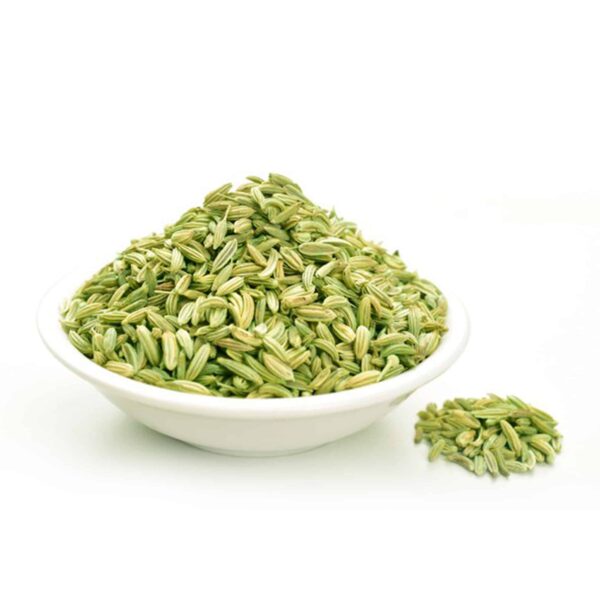
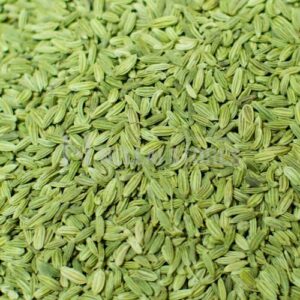
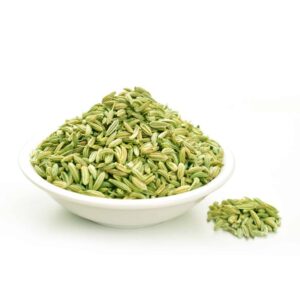

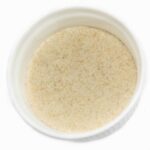

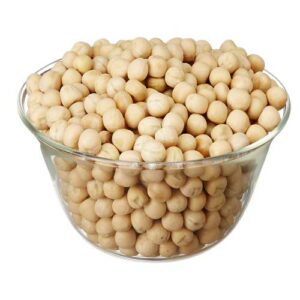


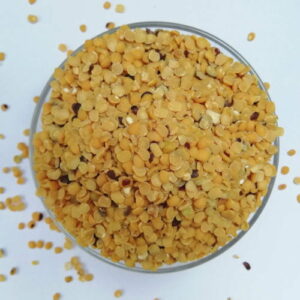
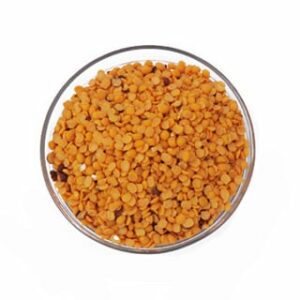
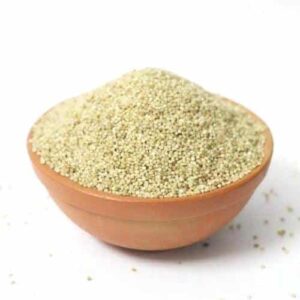
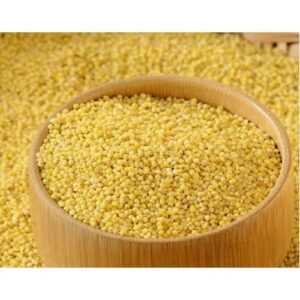
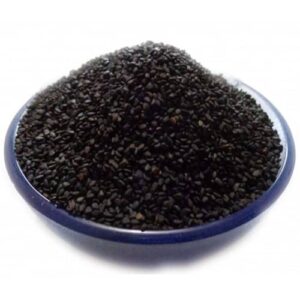



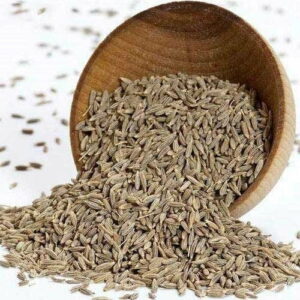
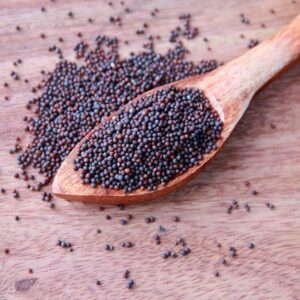
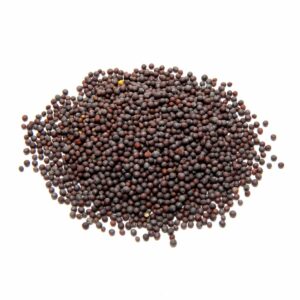
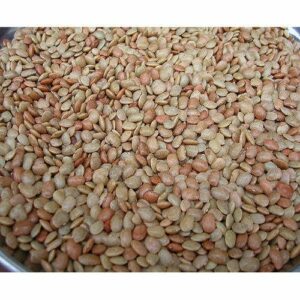
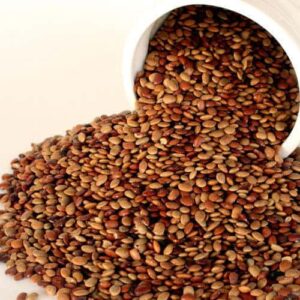
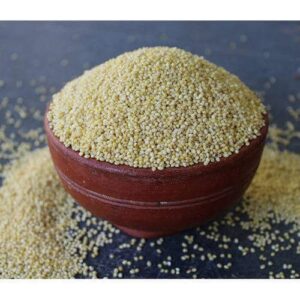
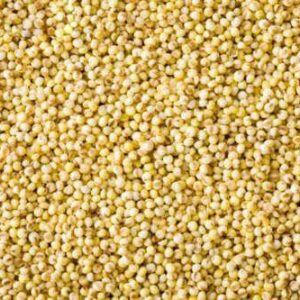
Reviews
There are no reviews yet